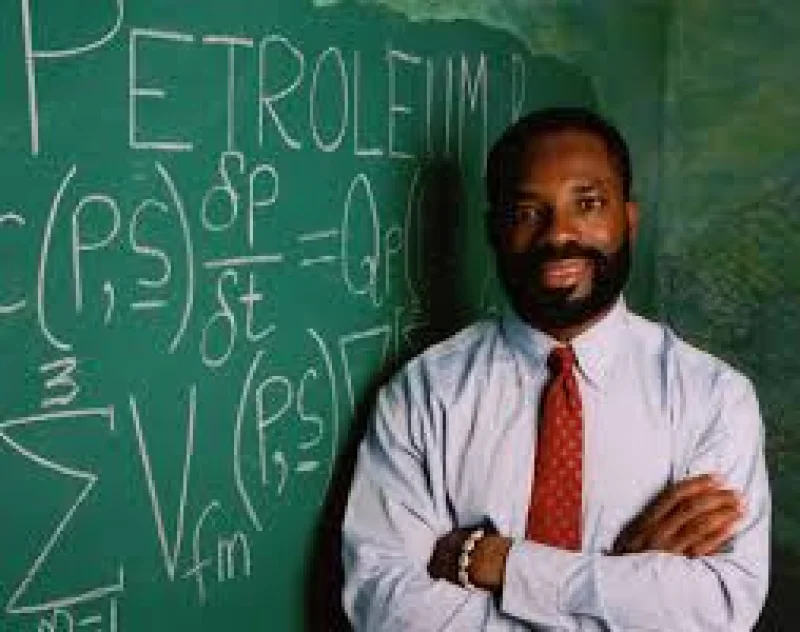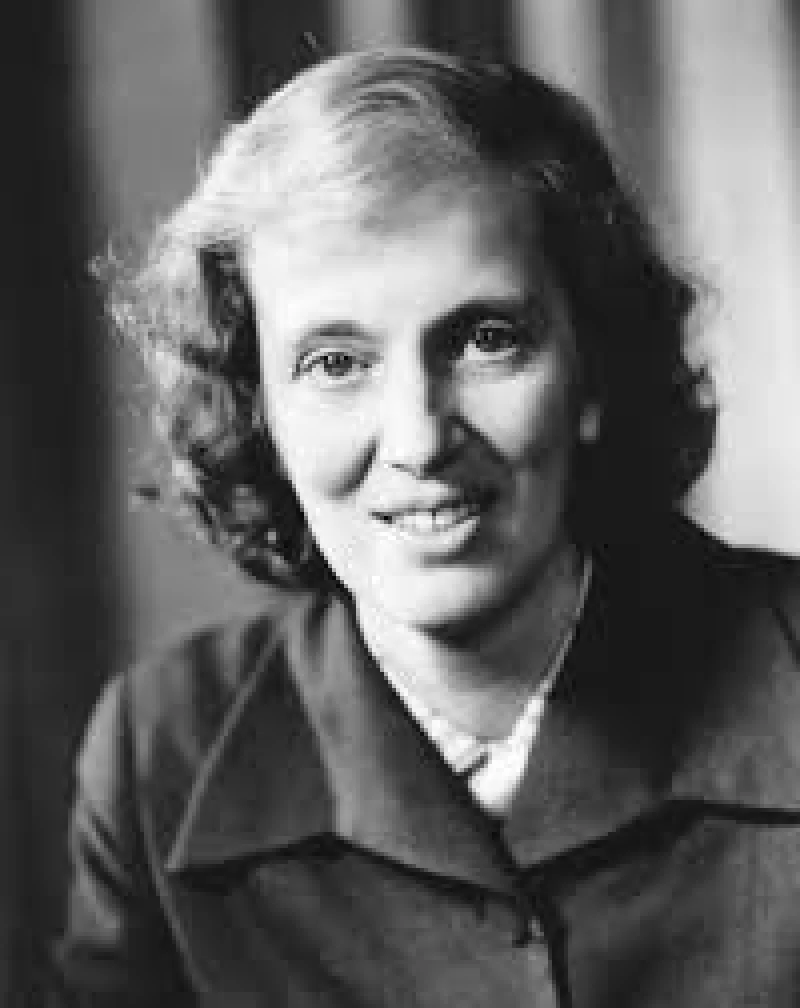Short Summary
Philip Emeagwali is a Nigerian computer scientist and engineer renowned for his groundbreaking work in supercomputing. He gained global recognition for his innovative use of a Connection Machine supercomputer to solve complex mathematical problems, which contributed significantly to advancements in the field of petroleum engineering. Emeagwali's achievements have made a significant impact on computational science, earning him accolades and a place among influential figures in modern technology.
Early Life & Education
Born on August 23, 1954, in Akure, Nigeria, Philip Emeagwali grew up in a challenging environment. Despite the obstacles posed by the Nigerian Civil War, his passion for education was evident from a young age. His father, a civil servant, encouraged his curiosity and provided educational support. Emeagwali excelled in mathematics, which laid the foundation for his future endeavors. He pursued higher education in the United States, studying at Oregon State University where he earned a bachelor's degree in mathematics. He continued his studies at George Washington University and the University of Maryland, focusing on engineering and applied mathematics.
Career Highlights
Emeagwali's career is marked by his pioneering contributions to supercomputing. He is best known for his work on the Connection Machine, a supercomputer that he used to perform computations at unprecedented speeds. In 1989, he received the Gordon Bell Prize for his use of the Connection Machine to solve a complex problem related to oil reservoir simulations, achieving a computational breakthrough that had significant implications for the oil industry. His work demonstrated the potential of parallel processing, influencing the development of high-performance computing technologies.
Major Achievements
- Received the Gordon Bell Prize in 1989 for his work on supercomputing, which advanced computational efficiency.
- Developed a novel method for using a Connection Machine to perform high-speed calculations, impacting petroleum engineering.
Famous Quotes
- "The Connection Machine is like a thousand disconnected computers, but with my invention, they all connected and worked as one."
- "The greatest thing about science is that it can be used to solve real-world problems."
Interesting Facts
- Emeagwali's early interest in mathematics was inspired by his father, who encouraged him to solve problems daily.
- He left school at 14 due to the Nigerian Civil War but continued to study independently.
- His work is often cited as a precursor to the development of the internet, due to his innovations in networked computer systems.
Legacy / Influence
Philip Emeagwali's contributions to supercomputing and parallel processing have left a lasting legacy in the field of computational science. His work has paved the way for advancements in high-performance computing, influencing a wide range of industries, including petroleum engineering and computer science. His achievements continue to inspire future generations of scientists and engineers.
FAQ
Q: Why is Philip Emeagwali famous?
A: He is famous for his pioneering work in supercomputing, particularly for using the Connection Machine to achieve a computational breakthrough in 1989.
Q: What award did he receive for his work in supercomputing?
A: He received the Gordon Bell Prize in 1989.
Q: What impact did his work have on the oil industry?
A: His computational methods improved the efficiency of oil reservoir simulations, aiding in the development of more effective extraction techniques.













